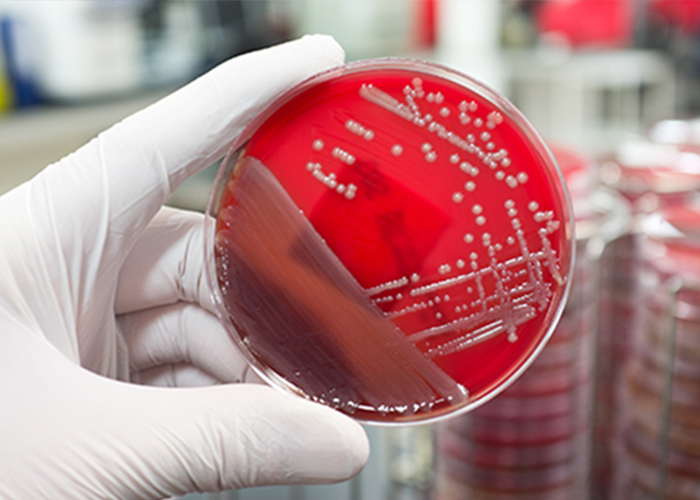In this webinar, Dr. Robert L. Sautter will discuss the important collaboration efforts between the government and healthcare facilities to stop prevalent and dangerous hospital-acquired infections. After the webinar, you will be able to:
- Explain how the laboratory and the National Healthcare Safety Network (NHSN), an infection surveillance program created by the CDC to eliminate HAIs, can work together to lower infection rates in hospitals
- Learn how to lower rates of infections, such as blood culture contamination, MRSA and C. difficile
- Identify how pre-analytic culture collection can affect the results of clean catch and catheter-related infections
- Discuss how laboratories can work together with the NHSN to identify problem areas and measure the progress of prevention initiatives
Presenter: Dr. Robert L. Sautter is a teacher, lecturer and industry consultant. He earned his B.S. and M.S. degrees from Eastern Michigan University in the areas of biology and molecular biology, respectively, and his Ph.D., from Wayne State University, in Detroit, Mich., in microbiology. During his career, he held positions as a medical technologist, director of microbiology and medical director for a number of laboratories, before becoming an esteemed consultant for a variety of industry leaders in the area of microbiology.
 English
English


